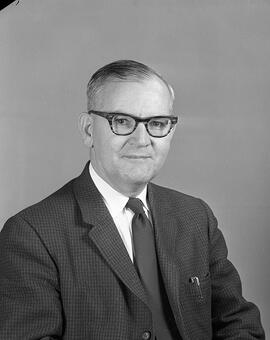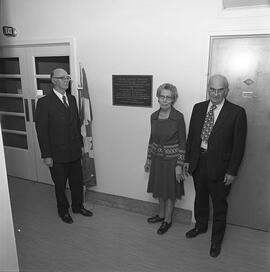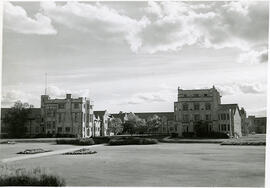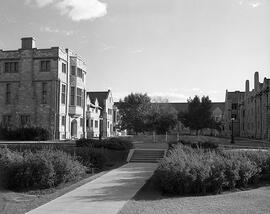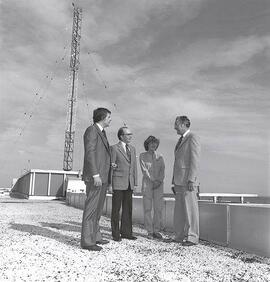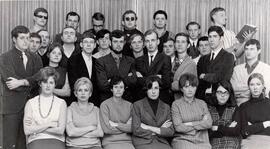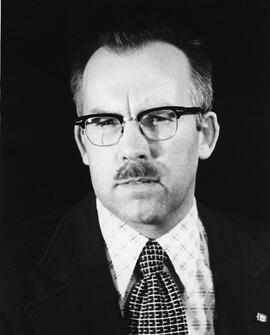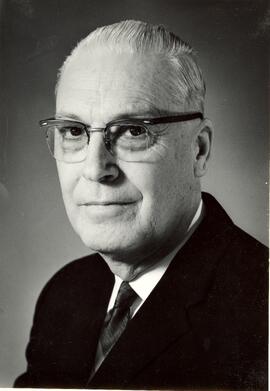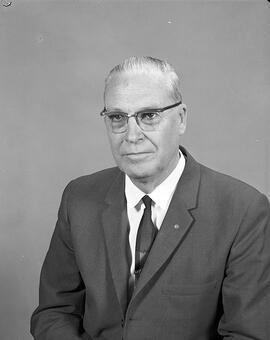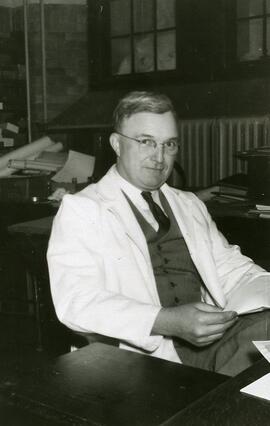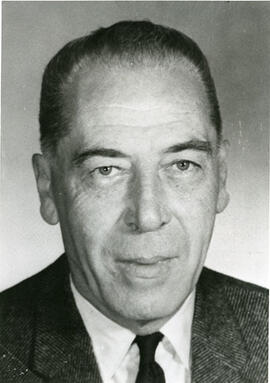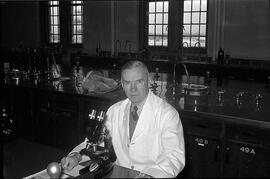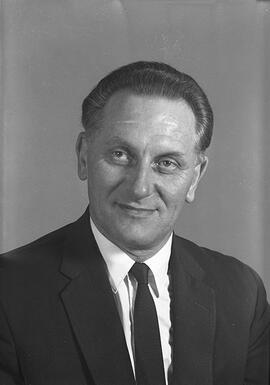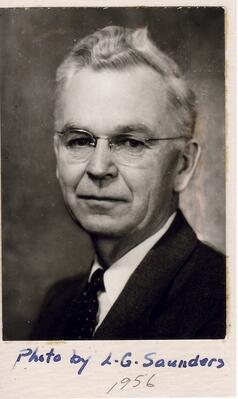Christopher D. Pritchet - Portrait
- A-10699
- Item
- 1967
Head and shoulders image of Christopher D. Pritchet, Head and Assistant Professor, Department of Classics.
Bio/Historical Note: Christopher Dixon Pritchet (C.D. - known as "Seedy") was born in 1915 in Colombo, Sri Lanka, and was educated at the Royal College in Colombo from 1925-1933. He attended University College, Colombo where he gained a BA (2nd Class) in Latin, Greek and Philosophy with a final year (1938-1939) at University College, London. Pritchet served in the Royal Air Force as a radio operator from July 1940 until May 1945 when he was demobilised. He received his Teacher's Diploma from the Institute of Education in July 1946. After teaching at Westminster City School and Hackney Downs School, Pritchet came to Harrow County School in 1950 to teach classics. In 1957 he emigrated with his family to Canada. For many years Pritchet was professor in the Department of Classics at the University of Saskatchewan. He retired to Victoria in 1983 and died there in 2004.

